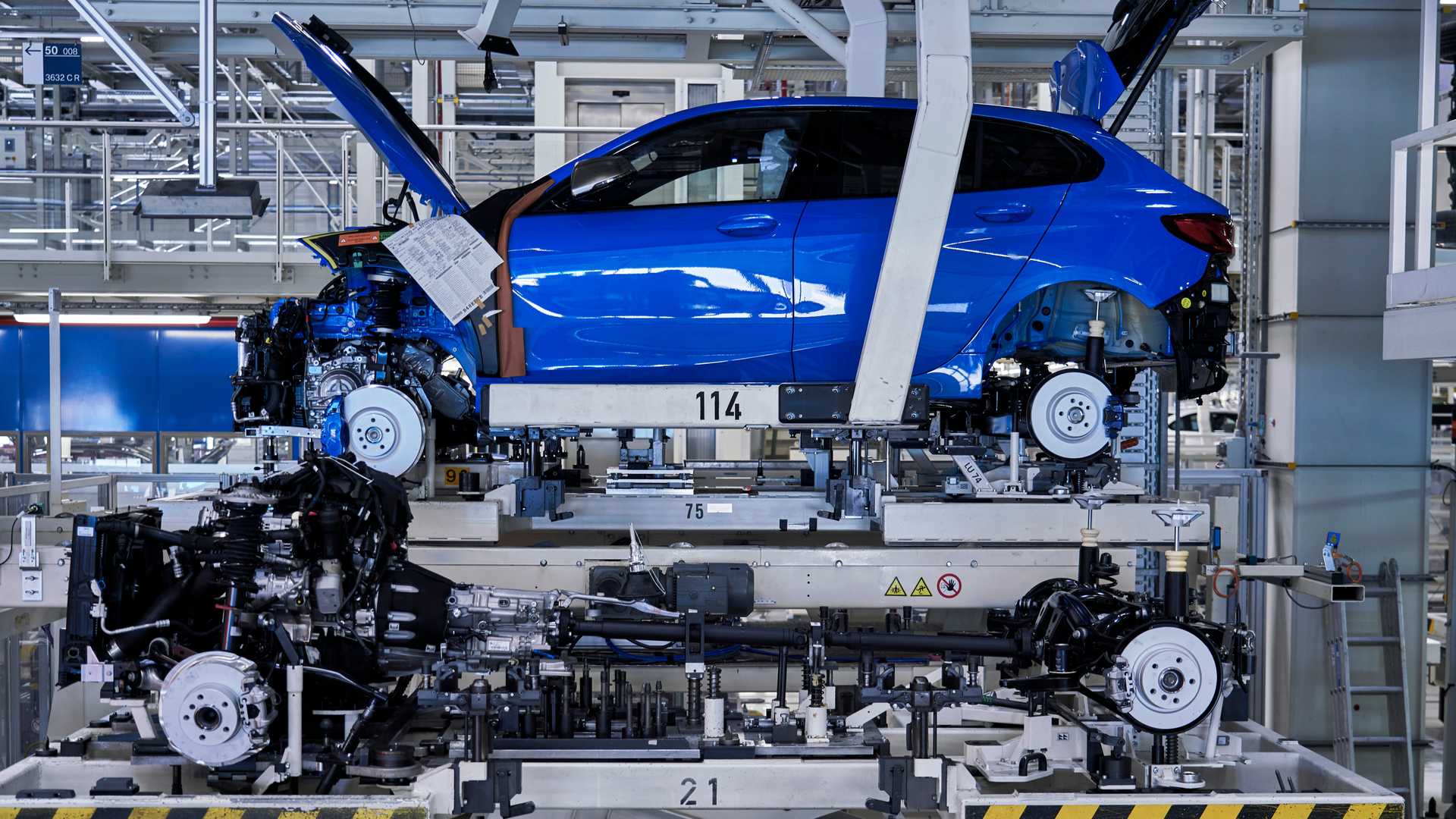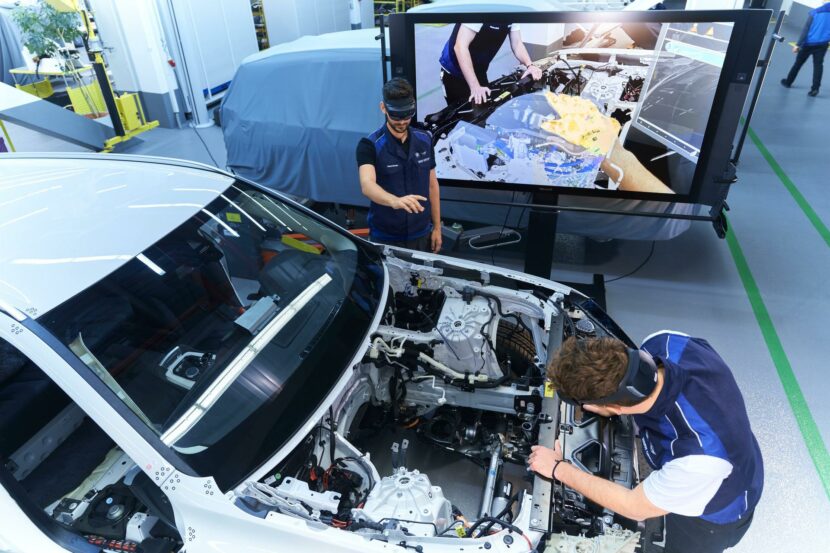Earlier today, Japanese automaker Toyota announced that 27 assembly lines in Japan will be impacted by the spread of COVID, lockdowns and chip shortages. BMW, Volkswagen and Daimler also signaled a change in delivery expectations due to the shortage. Earlier in the year, BMW said it had ordered enough semiconductors and expected its suppliers to deliver, but in a recent statement, the Bavarians said that supply would remain tight in the second half of the year. The lost output was around 30,000 units so far this year.
Toyota will cut production worldwide 40 percent in September. That translates into 80,000 fewer models produced next month than originally planned. The production cuts will affect Europe, China, United States and other markets. In the U.S., just this month alone, Toyota will deliver 60,000 to 90,000 vehicles fewer than originally planned.
American automakers are affected also by the business conditions. Next week, Ford plans to idle a plant near Kansas City, Mo., which produces the F-150 pickup truck because of a shortage of components. General Motors has already stopped most of its truck production this month because of the very same shortage.
The latest production issues follow news that German chipmaker Infineon was forced to suspend production at one of its plants in Malaysia in June, due to a coronavirus outbreak. A large portion of the worldwide chip production is located in Malaysia. The shortage will translate into manufacturing issues for smartphone makers as well with some production delays expected in the fourth quarter of 2021.
The continued supply shortage is creating an inventory issue for U.S.-based BMW dealerships. We’ve already reported on the production issues at German plants which is clearly impacting all global markets. The Spartanburg plant in South Carolina is also affected by what BMW calls a temporary shortage of chips. Almost every single model and variant is going through several changes in the ordering bank, and as you’d expect, it creates an inventory shortage of cars and long wait times.
Some of the options that have a higher demand than supply are the Harmon/Kardon Premium Sound System, Wireless Charging, Parking Assistance Package and Digital Keys. There are, of course, other supply shortages also, like 2-axle air suspensions on the X5 and X6 and ventilated seats, just to name a few. BMW, like other automakers as well, have adapted to the chip shortage by dropping some features from their models. In some cases, they are replaced by similar options which could increase the base price.
Most analysts point to a return to normality sometimes in 2022, but of course, that could be influenced once again by the rising cases of COVID-19, and potential lockdowns in the fall and winter seasons.



















































